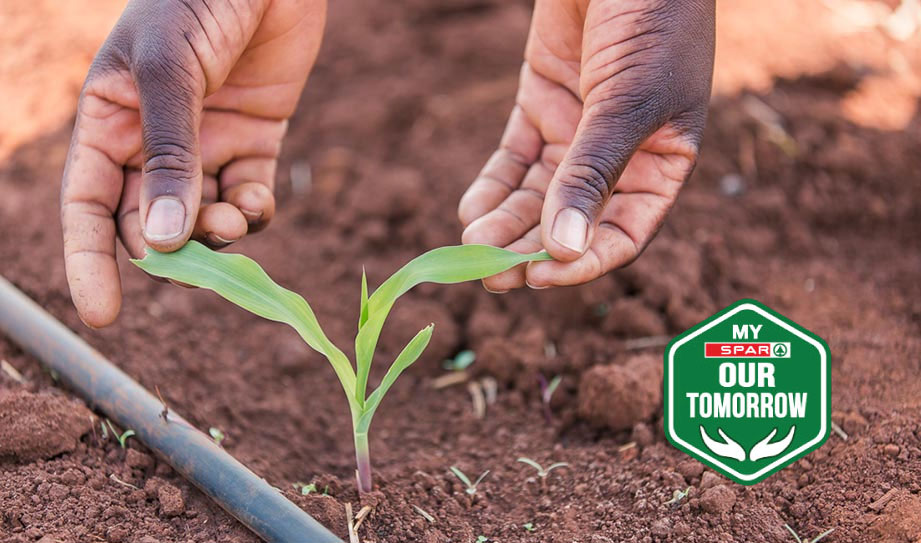SPAR moving towards becoming a carbon neutral organisation by 2050
22 April 2021

SPAR’s sustainability strategy focuses on six key areas: health, community, supply chain, sourcing, environment, and people.
This approach is in line with the United Nations Sustainable Development Goals (SDGs) as well as the South African government’s National Development Plan (NDP).
As SPAR grows, we want to reduce our overall impact and contribute to social and natural ecosystems’ wellbeing. SPAR has the goal of becoming a more climate resilient group by reducing carbon and water footprints and becoming a carbon neutral organisation.
Plastics Pact
SPAR is one of the founding members of the South African Plastics Pact. The Pact aims to create a circular economy that drives investment in infrastructure, supports livelihoods and keeps our environment free of plastic pollution.
The Plastics Pact was developed by the World Wide Fund for Nature (WWF-SA), in partnership with the South African Plastics Recycling Organisation (SAPRO) and the UK’s WRAP. In this way, South Africa joins other countries such as France, the UK, and the Netherlands in the exchange of knowledge on the transition to a circular economy for plastic.
Electricity from renewable sources
SPAR is committed to sourcing all electricity from renewable sources. Over the past few years, SPAR has invested in energy efficiency and solar photovoltaic initiatives to reduce energy consumption and energy costs while mitigating the risk of load shedding.
In many areas, local municipality infrastructure is constantly under pressure with solar power assisting in relieving the burden. The solar plant project at SPAR’s distribution centres (DCs) offers a prime example of the successful incorporation of sustainable, energy-efficient technologies.
Rural hubs
SPAR’s commitment to the development of small-scale rural farmers was recognised in 2020 with the ABSA Business Day Supplier Development award. The prize acknowledges businesses that stand out as overall leaders in developing suppliers.
SPAR started the journey with small-scale farmers in 2016 with the establishment of the first rural hub in Mopani, Limpopo. The decision to develop and invest in rural hubs was based on the belief that small-scale rural farmers are the key to new and sustainable supply chains in South Africa.
SPAR CEO, Brett Botten, commented: “SPAR has developed a successful rural hub based in Limpopo, where 15 farmers, including three women, sell produce to the group. It’s a very positive venture for us."